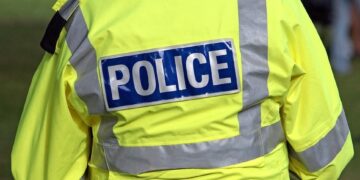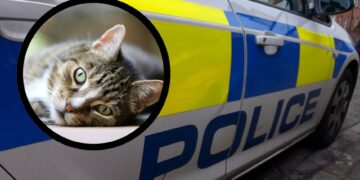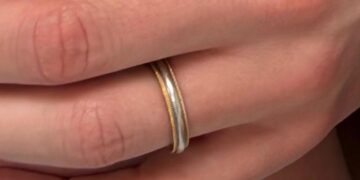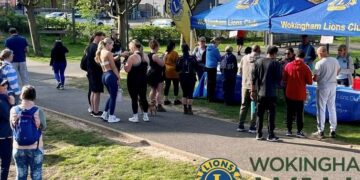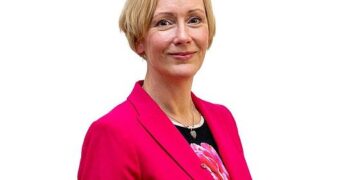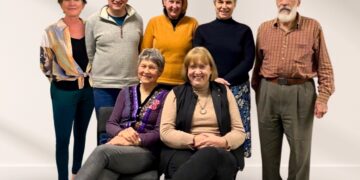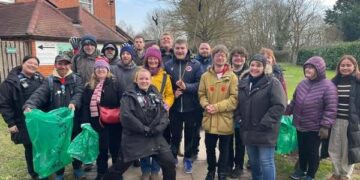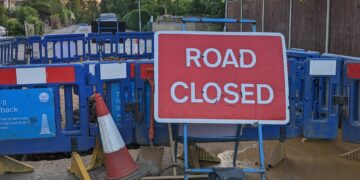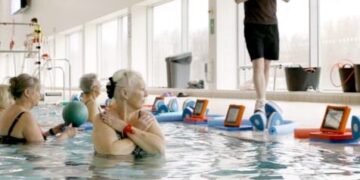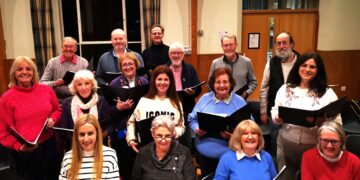THE first case of coronavirus has been confirmed in neighbouring Bracknell Forest, as the Government said that a total of 163 people had been diagnosed across the UK.
Public Health England said it is working with Bracknell Forest Council and the NHS to trace all contacts and take appropriate action, which could include testing for the virus.
As with previous details, the council is seeking to protect the identity of the person, and has only confirmed that they had recently returned from Italy.
Anyone who has not been contacted by Public Health England does not need to take any action.
In a statement, Alison Barnett, Centre Director for Public Health England South East, said: “Public Health England is contacting people who had close contact with the latest confirmed case of COVID-19. This case is a resident of Bracknell Forest.
“Close contacts will be given health advice about symptoms and emergency contact details to use if they become unwell in the 14 days after contact with the confirmed case.
“This tried and tested method will ensure we are able to minimise any risk to them and the wider public.”
And Tessa Lindfield, Strategic Director of Public Health for Berkshire, said: “I’d like to reassure people that we are working with health colleagues to do everything we can to stop the virus spreading and ensure the people of Berkshire are protected.
“If you have not been contacted by Public Health England as a close contact of the confirmed case you do not need to take any action at this time.”
The news comes a day after a woman in her 70s died in the Royal Berkshire Hosppital in Reading. She had underlying health conditions and had tested positive for coronavirus.
As with the case in Woodley last weekend, Public Health England is urging the public to take every precaution to limit the spread of the virus.
This guidance includes taking basic hygiene precautions as the best way of significantly reducing the chances of spreading any virus: sneeze or cough into a tissue, bin it, wash your hands frequently and don’t touch your face unless you’ve just washed your hands.
Current evidence indicates that most cases appear to be mild, with patients experiencing flu-like symptoms. Older residents or those with weakened immune systems or long-term conditions may experience more severe symptoms.
Ms Lindfield added: “These are the same simple steps we all should be taking to avoid other illnesses such as flu which is also prevalent during the winter and it is important that residents help protect themselves and others.
“If you have recently travelled to an affected area or been in contact with someone who has, and you think you have symptoms associated with the coronavirus, you should not go to A&E or your doctor but self-isolate yourself at home and ring NHS 111 which has an online coronavirus service that can tell if you need medical help and advise you what to do.”

